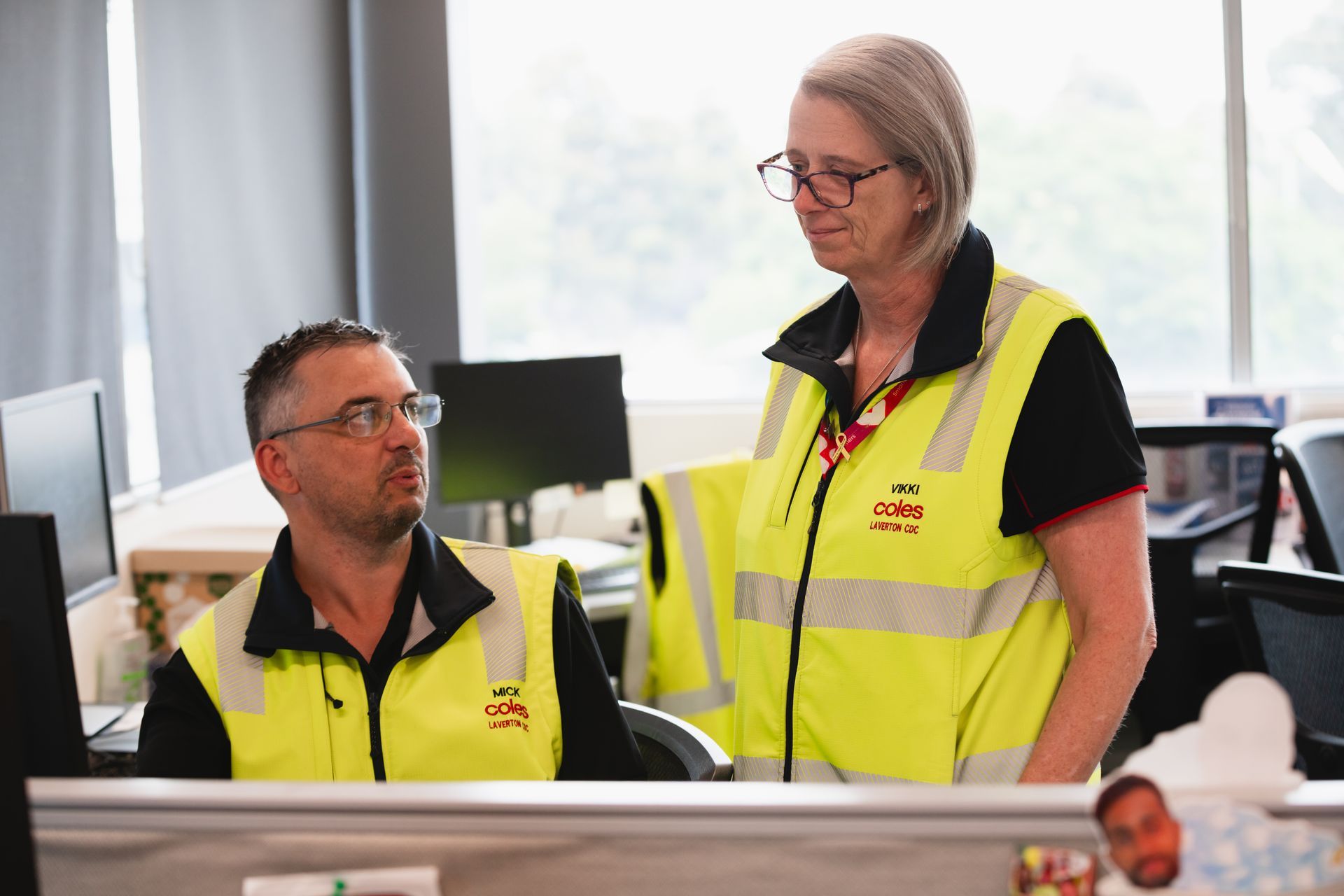Fostering empathy in the workplace
What is empathy and why is it important?
I define empathy as the ability to understand why people do what they do, what drives them, what their experiences are and how they see the world.
Empathy is critically important, now more than ever, as we live and work in a world of increasing diversity and opportunity, and we spend more time with people from different backgrounds and who’ve had diverse life experiences. The danger in that is that we naturally assume people see the world similar to what we do, but empathy allows us to step out of our world view and into a new mentality so that we can relate to and understand others better.
Are some people naturally more empathetic and what benefits do these people bring to a workplace?
Some people are born more naturally empathetic, but that doesn’t mean it’s useful for them long term or they know how to use it. For example, some people are naturally good runners but if they don’t practice and train, those natural skills will diminish over time. But those who are able to park their own views and begin to understand how people operate are really beneficial to the workplace as they can improve team performance and deliver greater work results.
How does workplace culture affect a business and the people who work in it?
Workplace culture massively affects a business and those in that workplace. Every second of our lives, the human body sends about 11 million bits of data to the brain for processing. Our conscious brain, however, only processes about 40 bits of data each second, so most of the processing is done in the subconscious brain. What this means is that we’re constantly taking in signals even if we don’t necessarily realise it. If our working environment is one filled with aggression, we’re going to be receiving those signals of stress and discomfort, which will go on to impair how we feel and how we make decisions.
Often people are feeling stressed and can’t pinpoint why, but that’s where workplace culture is usually playing a big part. You get caught up in the environment, mimic the signals in that environment, feel stressed and then that workplace culture of stress and aggression is perpetuated.
What is needed to reform a workplace culture and what can leaders do?
Workplace culture is like a flowing river - it’s always changing and being impacted by the millions of interactions in the workplace. To change and improve a workplace culture it’s important that leaders take steps to be open and honest with everyone, and that they genuinely walk the walk.
Many workplaces operate with one-way communication from the top-down and they run meetings that are planned to the minute, leaving no room for forming relationships, trust building and enabling curiosity. However, to create a healthy workplace culture, these things are vital. Leaders can help by creating spaces where relationship-building conversations can happen and by asking open-ended questions, even if they know the answer, to promote curiosity and encourage people to ask ‘why’.
How can people develop empathy and why should they?
Everyone can start to build empathy and what they’ll find is the more they build their empathy skills, the more they’ll see their relationships bloom and walls break down. Whether you’re in management or not, if you can start to understand things like: why people do what they do, what people’s dreams are, and how they see the world, then you’ll boost your ability to drive performance, deliver great work and improve your position. You can do that just through having conversations, connecting with people, collaborating, suspending judgement and just asking why people do what they do. It’s a small investment that will continue to pay huge dividends, and while it may seem uncomfortable at first, we can all change the culture of our workplaces for the better by promoting empathy.
Learn more about empathy and Empathic Consulting at https://empathicconsulting.com/.
R U OK? has resources that can help you encourage meaningful conversations and connections in your workplaces. View them at www.ruok.org.au/work.
Sign up to our newsletter for conversations tips, news and insights from our staff, experts and supporters.

















